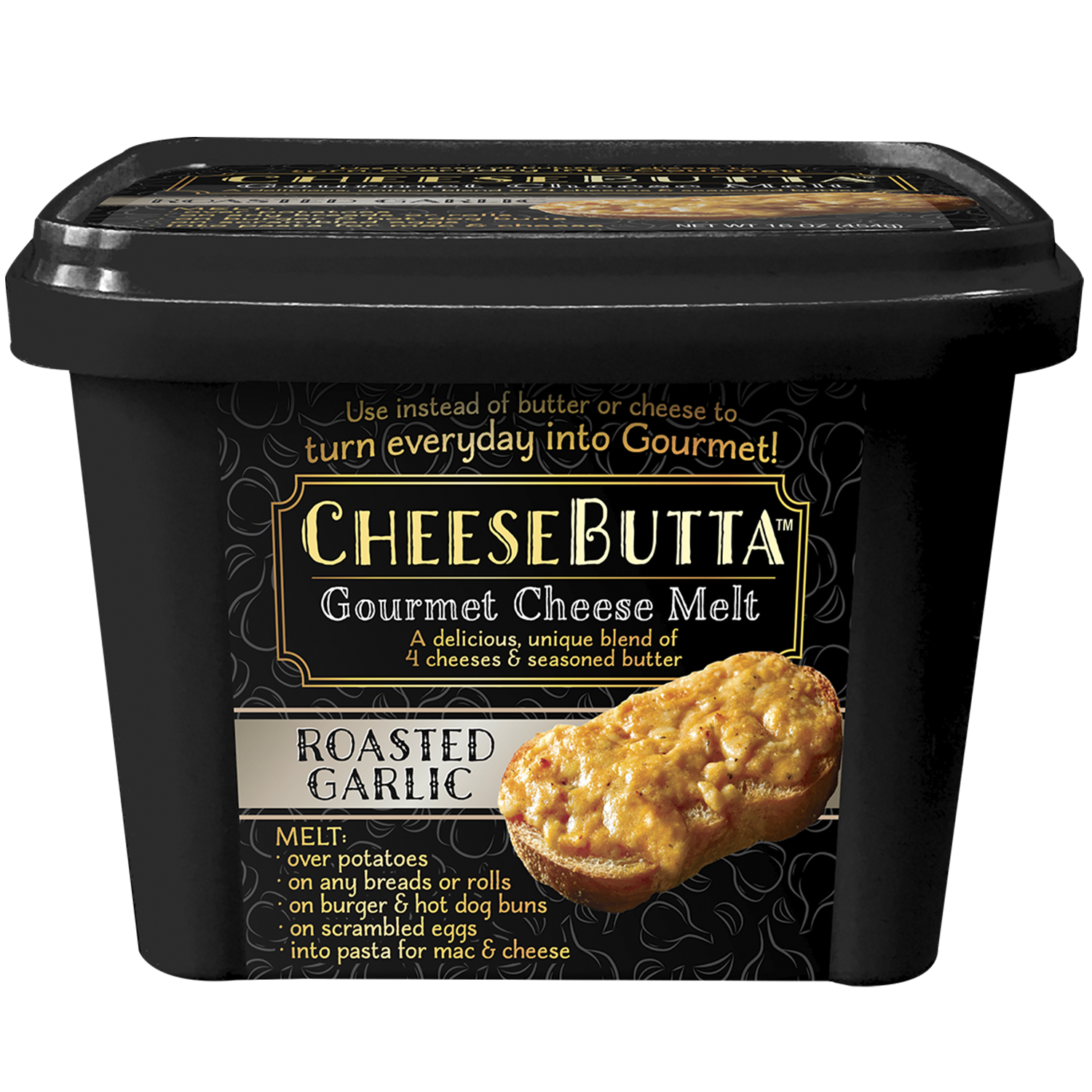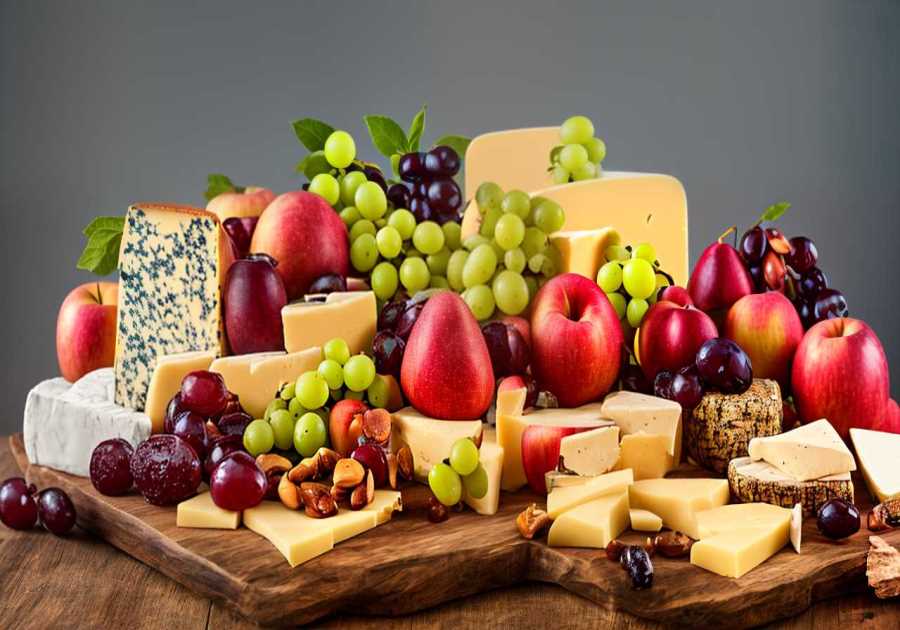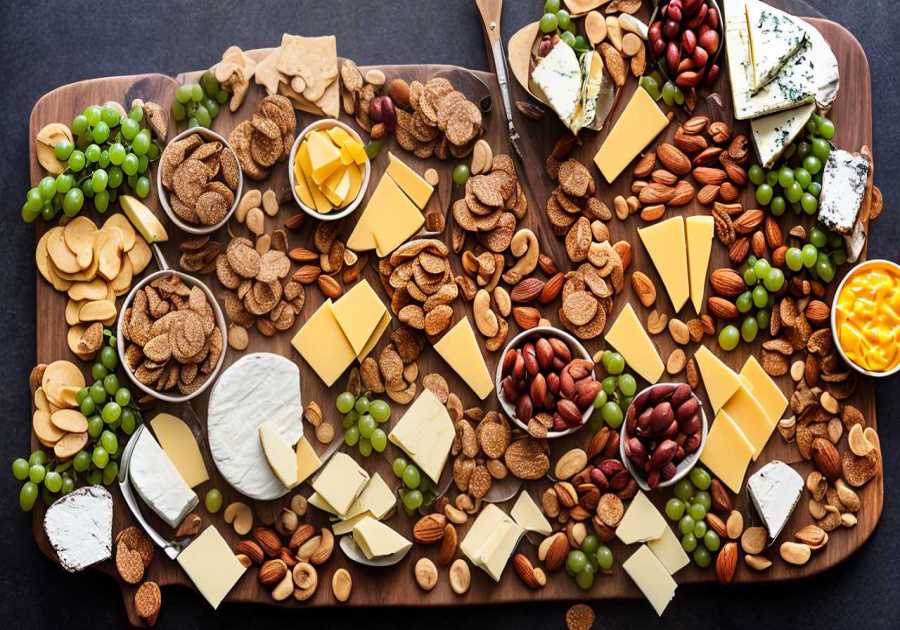
What's a Healthy Cheese Snack?
For a healthy cheese snack, you might consider pairing a low-calorie cheese like part-skim mozzarella or low-fat cottage cheese with fresh fruits or whole-grain crackers. These cheeses provide high-quality protein and essential nutrients such as calcium and phosphorus, supporting bone health while keeping calorie intake in check. Part-skim mozzarella, for instance, contains only 70 calories per ounce and is beneficial for your bones. Try combining it with apple slices or cherry tomatoes for added fiber and antioxidants, enhancing both nutritional value and flavor. As you explore various combinations, you'll discover how versatile and satisfying healthy cheese snacking can be.
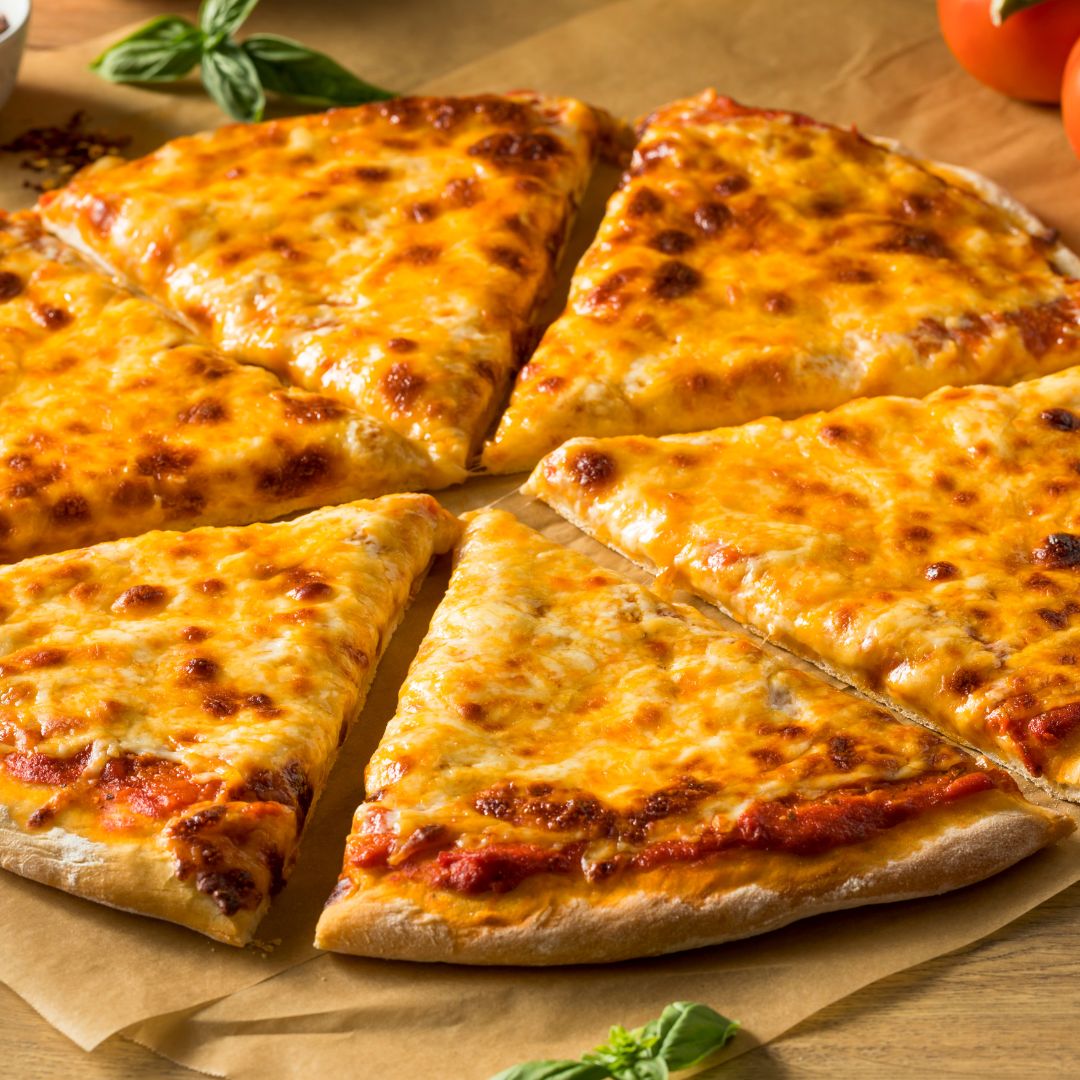
Understanding Cheese Nutrition
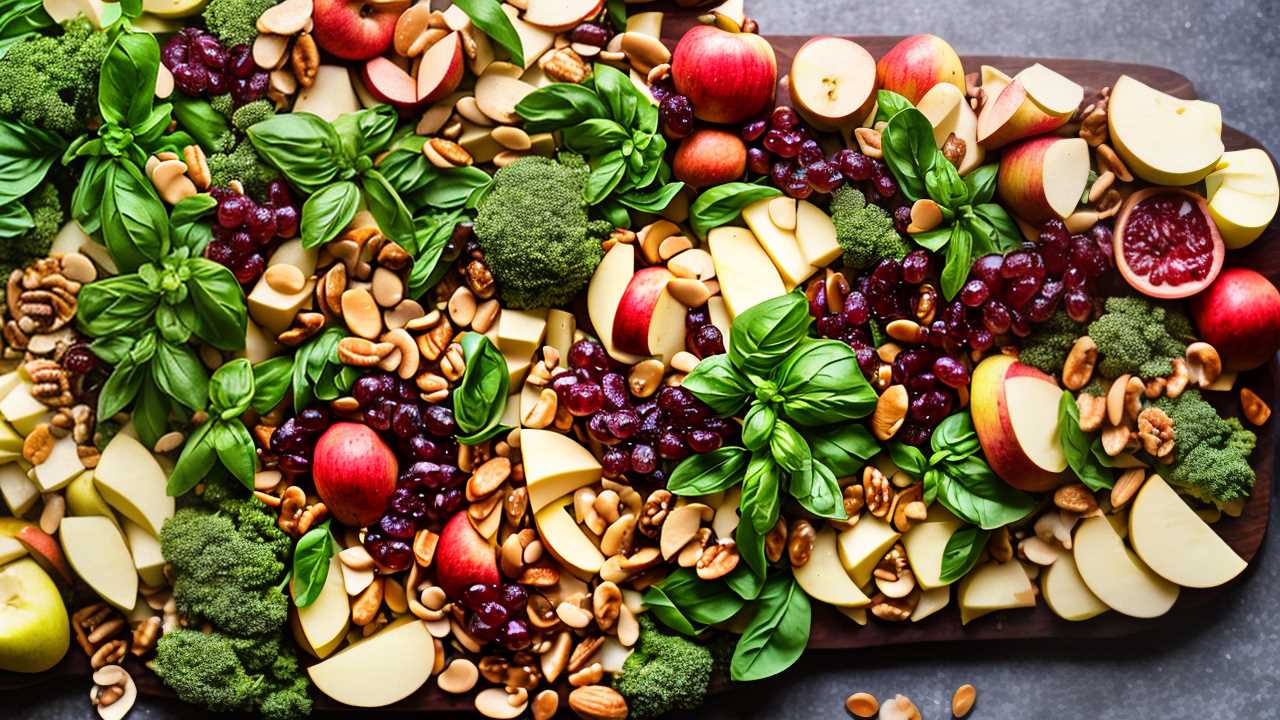
Cheese's nutritional profile offers a unique blend of essential nutrients, making it a valuable addition to your diet. As you explore the cheese health benefits, you'll find that it's packed with high-quality protein, vital for muscle repair and growth. Additionally, cheese is a great source of calcium, crucial for bone health, and contains phosphorus, zinc, and vitamins A and B12.
Regular consumption of cheeses rich in probiotics, like certain blue cheeses, can also support gut health, adding another layer to its nutritional benefits.
When considering cheese serving sizes, it's important to balance enjoyment with moderation. A standard serving of cheese is typically about one ounce (28 grams), roughly the size of two dice. This serving size helps ensure you reap the health benefits without excessive calorie intake.
Including this portion as part of a balanced diet can enhance your nutrient intake while contributing to a feeling of fullness, which can aid in weight management.
Moreover, the variety in cheese types means there's likely a cheese to fit any dietary need. For instance, those watching their salt intake might opt for naturally lower-sodium cheeses like Swiss or ricotta.
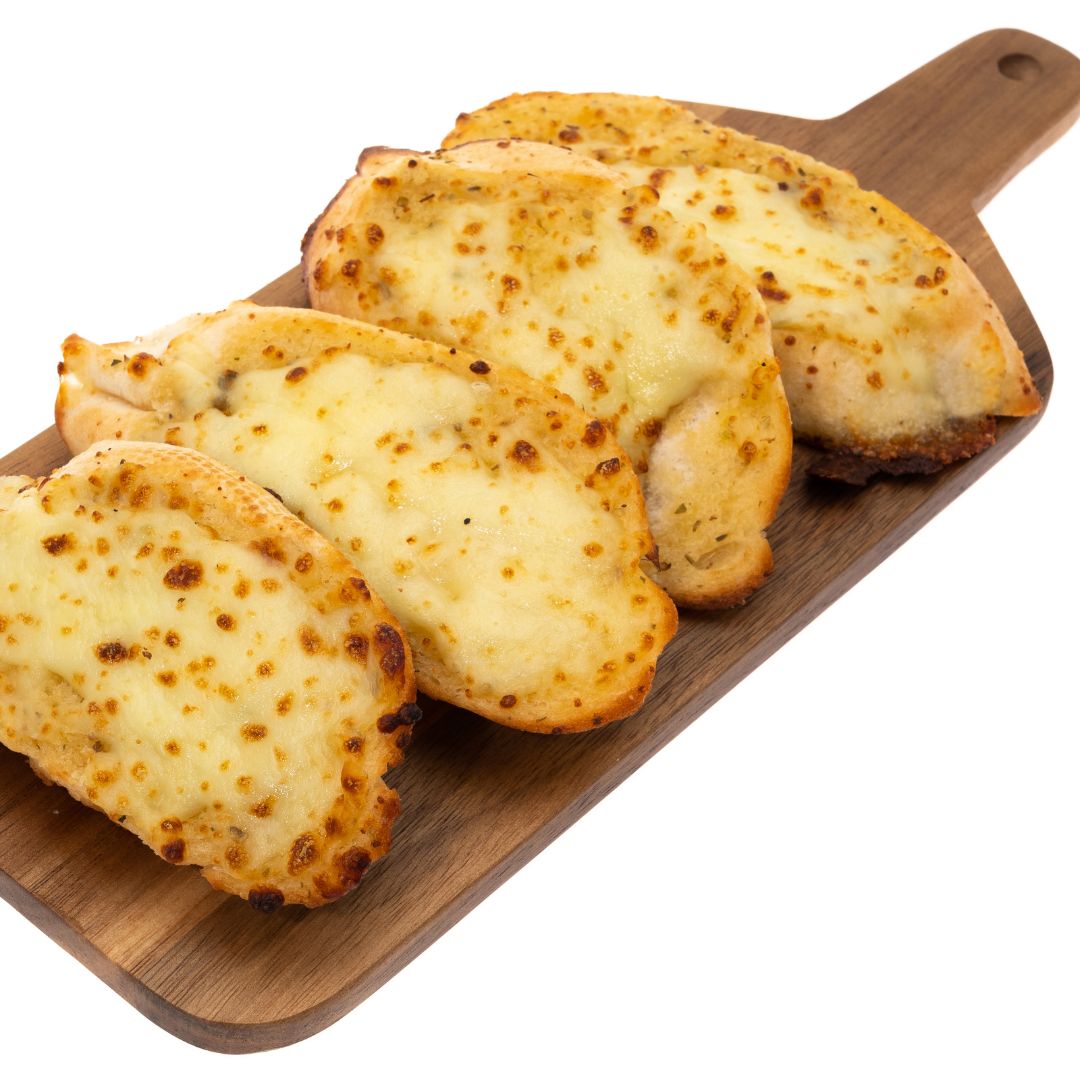
Top Low-Calorie Cheeses
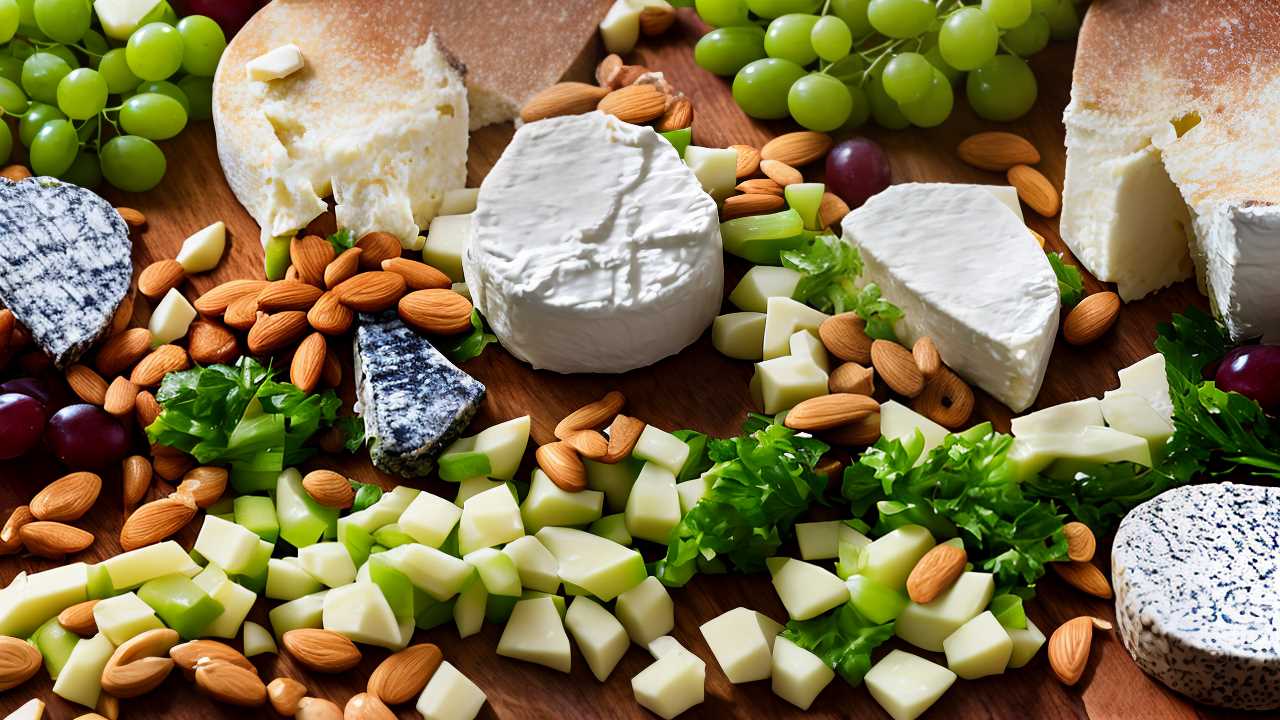
After exploring the nutritional benefits of cheese, let's focus on options that are particularly low in calories. When you're trying to maintain a healthy diet, it's important to find cheese varieties that align with your nutritional goals without sacrificing flavor.
Low-fat options are abundant among cheese varieties, and they don't skimp on providing essential nutrients. Cottage cheese, for instance, is a standout due to its high protein content and low calorie count. A half-cup serving of low-fat cottage cheese typically contains just 90 calories but offers 12 grams of protein. It's a versatile choice that can be incorporated into various meals or enjoyed as a standalone snack.
Another excellent choice is mozzarella, especially the part-skim version, which contains fewer calories than its whole milk counterpart. A one-ounce serving of part-skim mozzarella has about 70 calories and provides calcium and protein. This makes it a great option for those who are calorie-conscious but still looking to support bone health.
For those interested in pairing low-calorie cheeses with other foods, consider the classic combinations of cheese and meat that provide both flavor and balance without excessive calories. For instance, a light pairing of ham and Swiss cheese can be both satisfying and diet-friendly.
Feta cheese, often associated with Mediterranean diets, is also a good low-calorie option. It's crumbly and flavorful, which means a little goes a long way in terms of adding taste to dishes. An ounce of feta typically has fewer than 80 calories, making it ideal for adding a burst of flavor without loading up on calories.
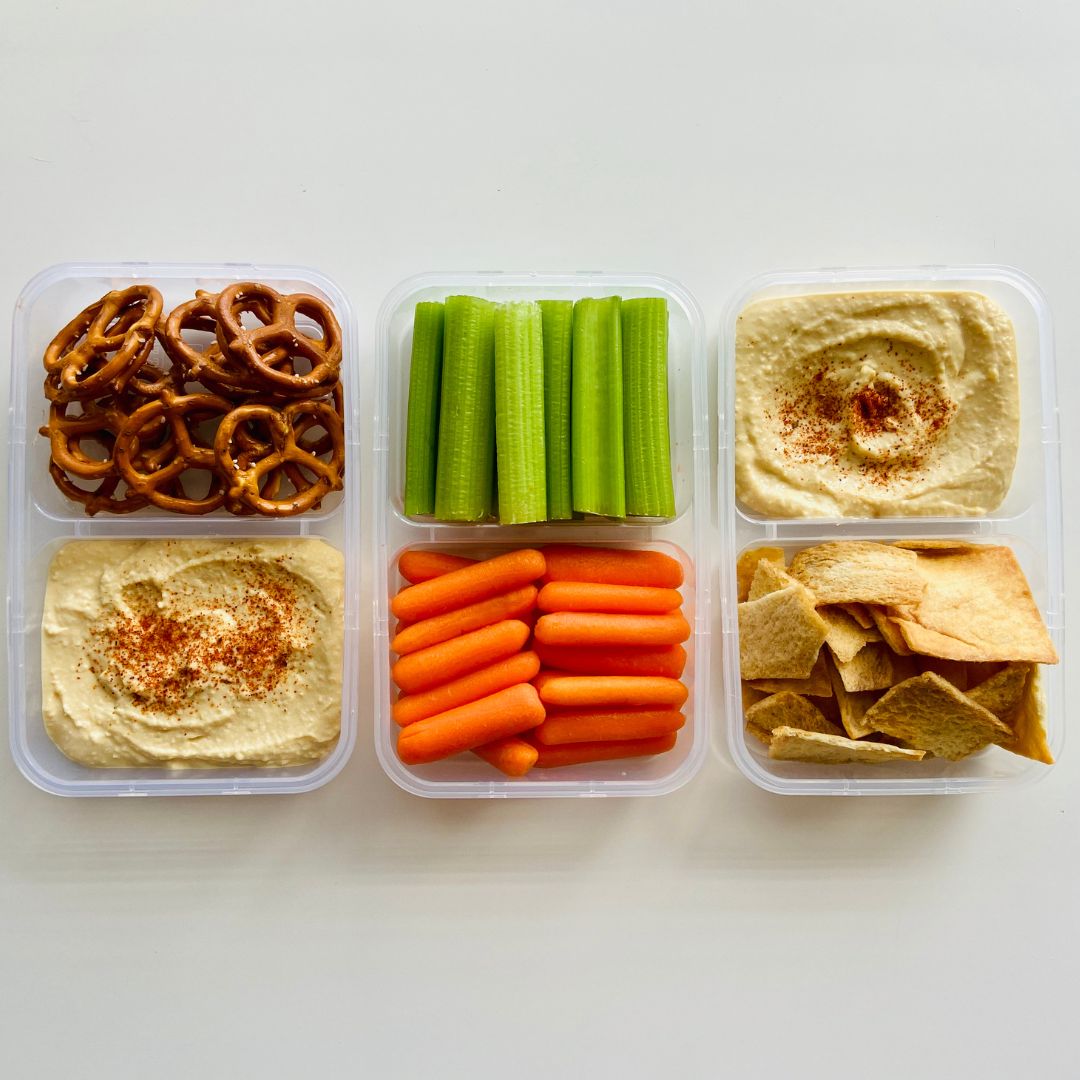
Healthy Cheese Pairings
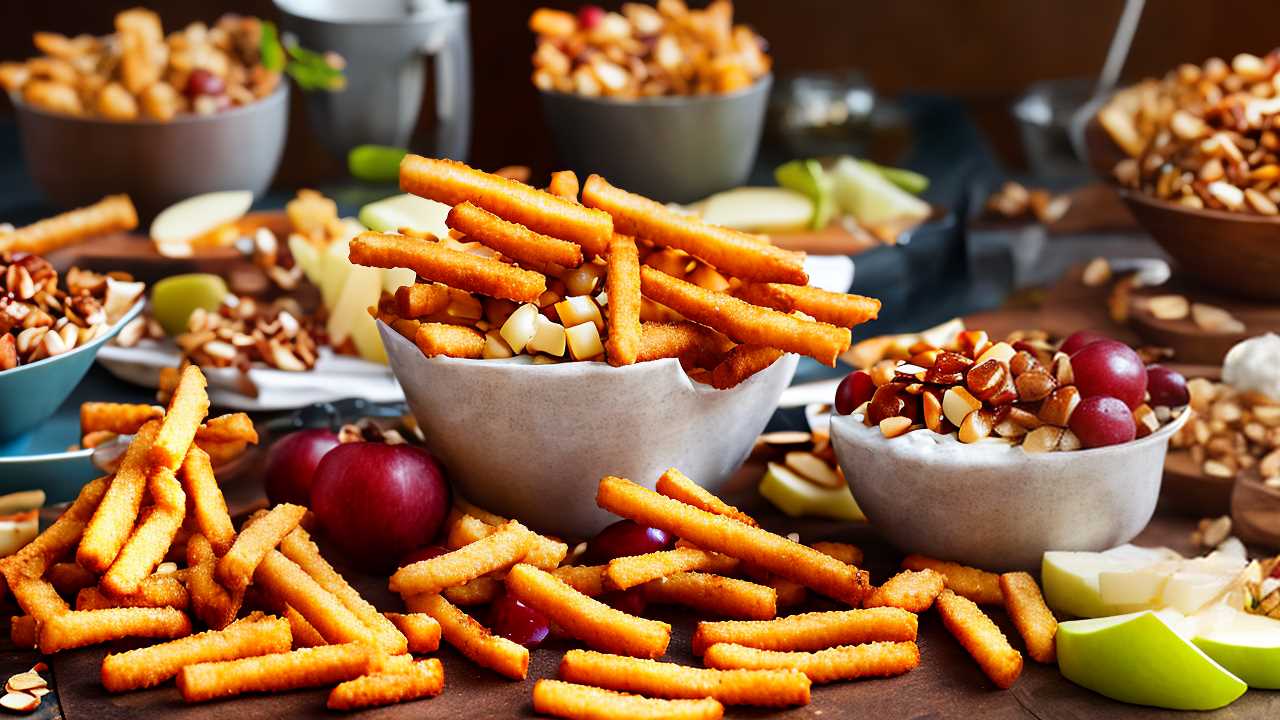
Pairing cheese with the right foods can enhance both the nutritional value and the taste of your meals. When you're considering healthy cheese pairings, it's essential to think about the balance of flavors and the variety of nutrients you're bringing together.
Cheese varieties come with distinct flavor profiles that can elevate simple pairings into nutritious, gourmet experiences. For a snack that combines both taste and health benefits, try coupling a sharp cheddar with apple slices. The richness of the cheddar complements the crisp, sweet notes of the apple, providing a good source of calcium and fiber. This pairing not only satisfies your taste buds but also supports muscle function and digestive health.
Exploring beyond classic pairings like these can lead to delightful discoveries in flavor and nutrition.
If you're looking for something that can help with your heart health, pairing a slice of Swiss cheese with whole grain crackers might be your go-to. Swiss cheese is lower in fat compared to other cheese varieties and, when combined with fiber-rich whole grains, can aid in managing cholesterol levels.
For those who appreciate softer cheeses, a fresh mozzarella paired with cherry tomatoes and a drizzle of olive oil makes for a delicious, heart-healthy option. Mozzarella is lighter on the palate and lower in sodium, making it a great choice for maintaining blood pressure levels, while the tomatoes provide antioxidants that support overall cellular health.

Creative Cheese-Based Recipes

Exploring creative cheese-based recipes can open up a world of culinary possibilities that are both delicious and nutritious. When you're aiming to serve a crowd or just treat yourself, incorporating cheese dips and spreads can enhance both the flavor and nutritional value of your snacks.
Cheese, a well-loved ingredient, is not only versatile but also packed with essential nutrients like calcium, protein, and phosphorus. These components are crucial for bone health, muscle function, and overall body maintenance. By creating recipes that balance cheese with other healthy ingredients, you can craft snacks that are both satisfying and beneficial.
Let's dive into some innovative ways to integrate cheese into your snacks:
| Recipe | Key Ingredients |
|---|---|
| Spicy Pepper Jack Dip | Pepper jack cheese, Greek yogurt, diced tomatoes, jalapeños |
| Mediterranean Feta Spread | Feta cheese, olives, cucumbers, olive oil |
| Ricotta-Herb Spread | Ricotta cheese, parsley, chives, lemon zest |
| Smoky Cheddar Dip | Sharp cheddar, smoked paprika, garlic powder |
| Nutty Gorgonzola Spread | Gorgonzola cheese, walnuts, pear slices, honey |
These recipes not only cater to your taste buds but also contribute to a balanced diet. For instance, the use of Greek yogurt in the spicy pepper jack dip introduces a good source of probiotics and protein. The addition of vegetables like cucumbers and tomatoes not only provides a crunch but also includes essential vitamins and antioxidants.

Snacking Tips for Cheese Lovers
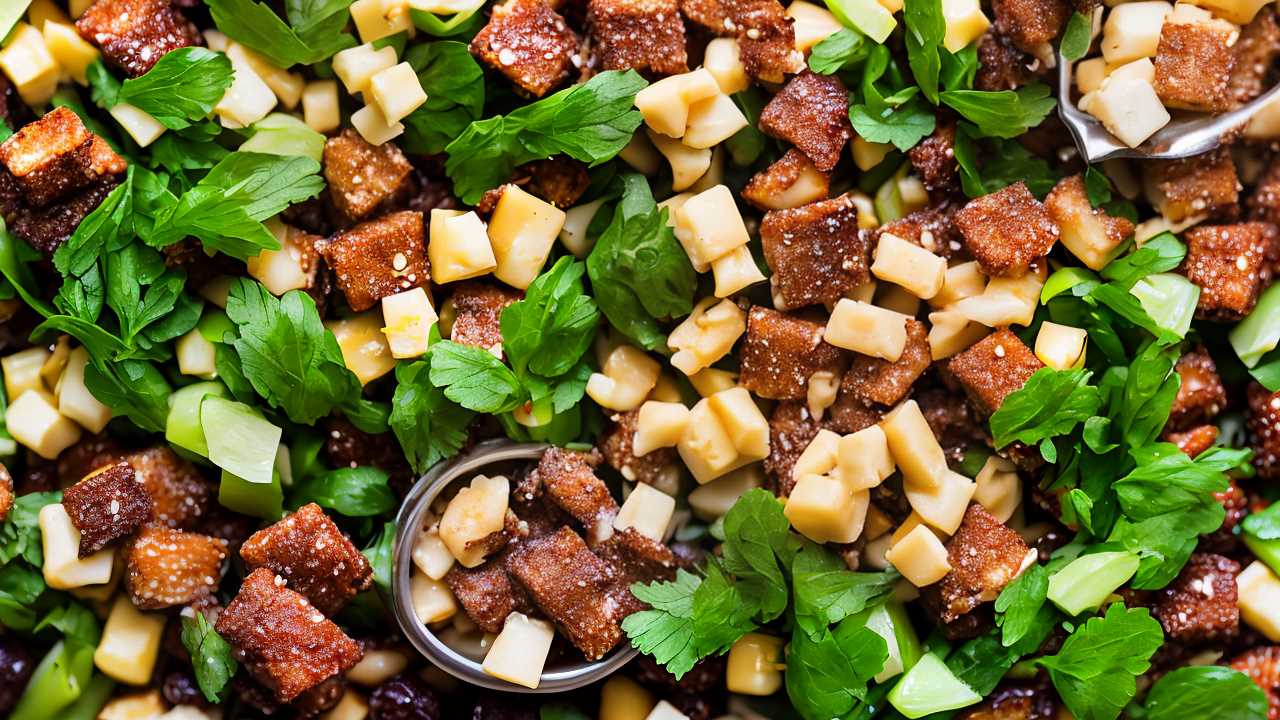
As you experiment with these creative cheese-based recipes, keep in mind that snacking smart with cheese can contribute significantly to your daily nutritional intake. Cheese is a great source of calcium, protein, and other essential nutrients. However, it's also high in calories and fat, so portion control is key. Aim to limit your servings to about an ounce, which is roughly the size of two dice.
When you're planning your snacks, consider pairing cheese with healthy accompaniments. Fresh fruits like apples, pears, and grapes or vegetables like carrots and celery can balance your snack, adding fiber and vitamins while keeping the calorie count reasonable. This not only enhances the nutritional value but also helps in feeling fuller for longer, reducing the likelihood of overeating.
Exploring cheese alternatives can also diversify your nutrient intake. Options like almond cheese, soy cheese, and cashew cheese offer variety and can be particularly useful if you're lactose intolerant or following a vegan diet. Each alternative comes with its own set of nutrients and benefits, so you're not just stuck with one type of nutrition profile.
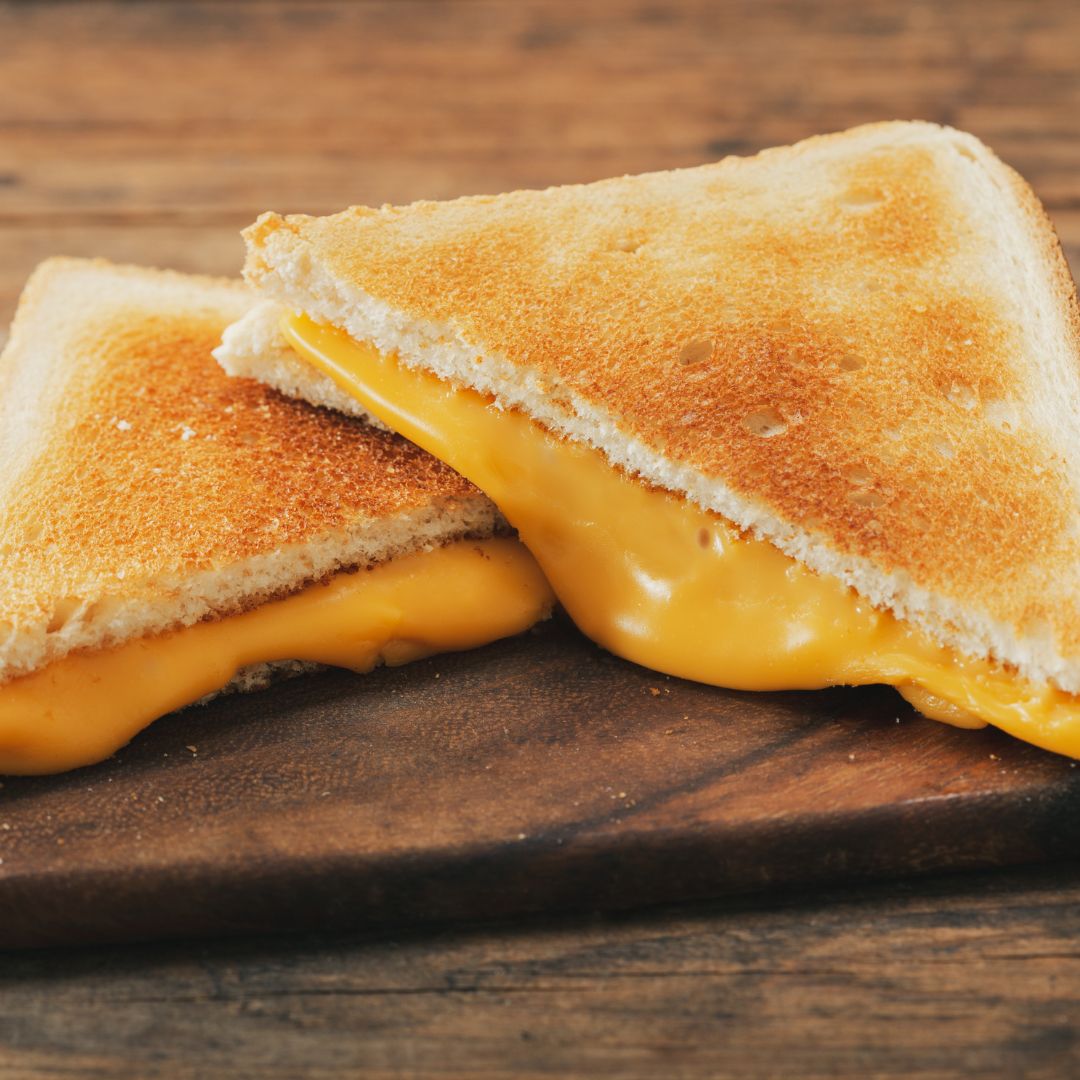
Frequently Asked Questions
Can Cheese Cause Allergic Reactions?
Yes, cheese can indeed cause allergic reactions.
When you consume cheese, your body might recognize it as harmful, triggering an immune response. This happens because of proteins in the cheese that can be allergens for some people.
It's crucial to be aware of your body's reactions to different cheeses and consult a healthcare provider if you suspect a cheese allergy.
Opting for alternative cheeses like those made from nuts might be a safer option for you.
How Does Cheese Affect Lactose Intolerance?
If you're walking on eggshells around dairy due to lactose intolerance, it's important to understand how different cheeses can affect you.
Hard cheeses like cheddar contain less lactose and might be easier on your digestion.
For those who are highly sensitive, exploring cheese alternatives such as those made from nuts or soy might be a safer bet.
Always consider your body's response and consult nutrition experts to balance taste and health effectively.
Is Cheese Safe During Pregnancy?
You should know that cheese safety during pregnancy depends on the type.
Hard cheeses, like cheddar and Swiss, are typically safe because they contain less moisture where bacteria can grow.
However, it's crucial to avoid soft cheeses, such as brie and feta, unless they're pasteurized, as they can harbor listeria.
Always check labels and follow pregnancy guidelines to ensure you're choosing safe options.
Opting for pasteurized products can help protect your health and your baby's.
What Is the Best Cheese for Vegan Diets?
Navigating the sea of vegan cheeses, you'll find nutritional gold in options like cashew or almond-based cheeses.
These vegan alternatives aren't just tasty; they pack a punch with nutritional benefits, including essential vitamins and minerals.
Balanced for those committed to serving others through healthy food choices, these cheeses ensure you're not compromising on taste or health.
Incorporating them into your diet supports overall well-being, making them a top pick for vegan diets.
Are There Cheeses That Improve Digestion?
Certainly, some cheeses can aid your digestion. Probiotic cheeses, like Gouda, contain beneficial bacteria that support gut health.
These cheeses are rich in digestive enzymes which help break down food more efficiently. Including them in your diet might improve your digestive process.
Always opt for moderation, as too much can be counterproductive. You'll not only feel better, but you're also serving your body's needs by providing it with essential nutrients.

Conclusion
So, you've explored the world of cheese, uncovering the best low-calorie options and inventive pairings that keep your taste buds delighted and your health in check. Remember, moderation is key! Whether you're crafting a cheese-based snack or adding a sprinkle to a dish, choose wisely. Embrace these nutrient-rich delights as part of your balanced diet. After all, isn't life too short not to enjoy the simple, exquisite pleasure of good cheese? Keep snacking smart!

